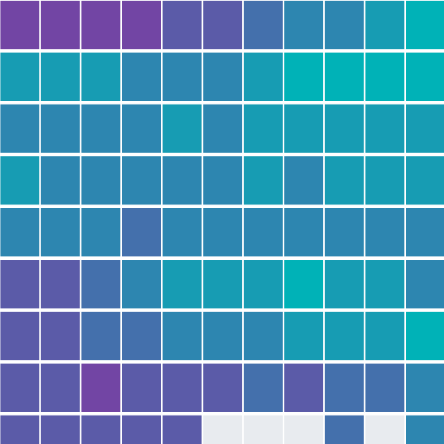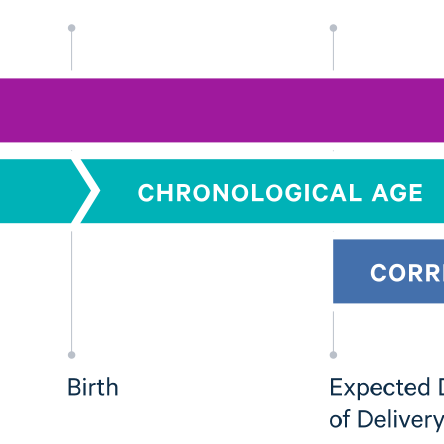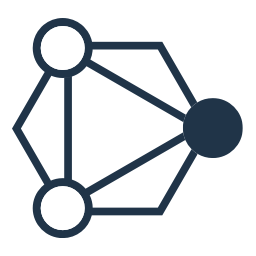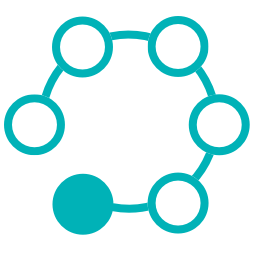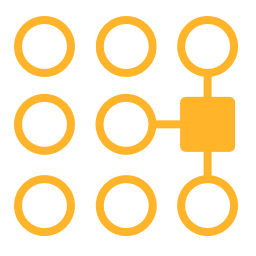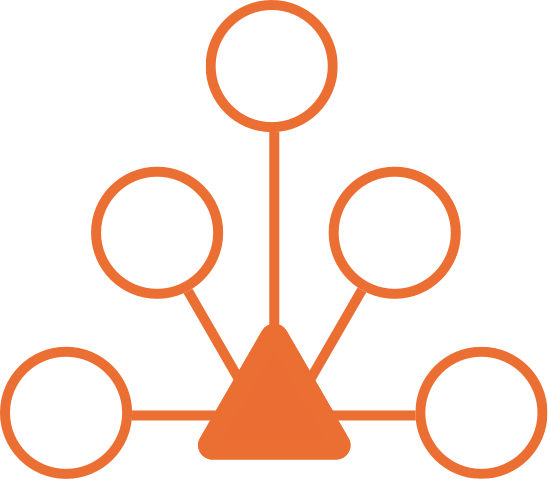
Data Sharing
When researchers who are collaborating with one another have more access to longitudinal data that has been made meaningful with input from local experts, then their research will help save more lives.
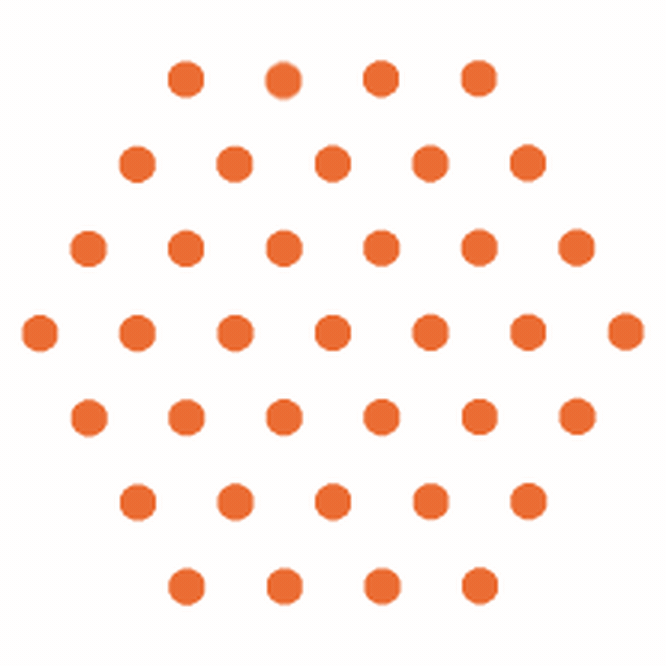
From data to knowledge
Data becomes knowledge only when it is shaped and analyzed to answer relevant questions. Right now, most data is available only to the handful of researchers who collected it. If it were shared with a diverse community of experts who can learn from the researchers who collected and know the most about the data, all parties would be able to work together to generate new insights and meet urgent needs in at-risk communities. We launched data challenges to expand this approach to key regions across the globe.
Identifying a comprehensive way to curate many types of global data lowers the barrier to reusing and recombining study data. This reused, recombined data, in turn, forms the critical basis of multi-stakeholder, multidisciplinary analyses. Other qualities of the data beyond raw individual data are essential to using the data appropriately to build knowledge faster.
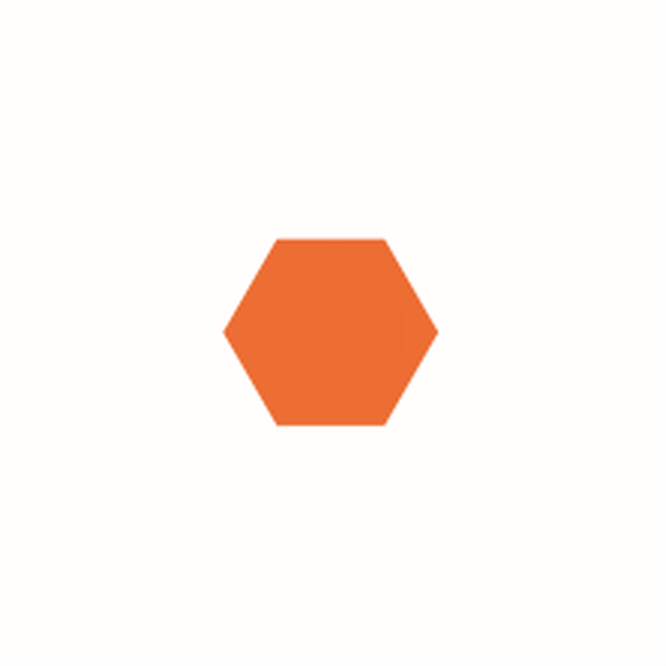
Findable, accessible, interoperable, and reusable
To realize the potential of data sharing, science needs to be redesigned for the digital age; we want to make it easy to apply increasingly sophisticated techniques like machine learning to improve the work of policy influencers and researchers. These changes need to simultaneously respect people's privacy and make (meta)data FAIR—findable, accessible, interoperable, and reusable. Since 2013, Ki has been building a data repository to help the Gates Foundation’s program teams generate knowledge. This work has demonstrated the value of data sharing, but this kind of painstakingly curated, in-house resource is not the end goal. We hope that all data will be available to the entire community of researchers in near-real-time so they can use all the information and tools that exist to maximize life-saving knowledge. To do this requires fundamental changes in the ways data is collected, managed, shared, protected, discovered, and accessed. We have started this journey by sharing Ki-developed tools like Study Explorer to encourage others to generate additional hypotheses. We continue to investigate means to further promote data sharing and standards among repositories beyond that of Ki, which we believe will ultimately facilitate greater global health collaboration.
